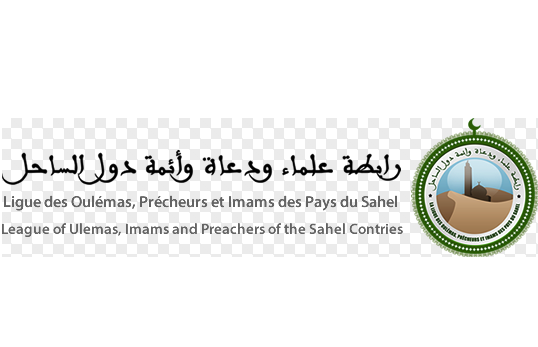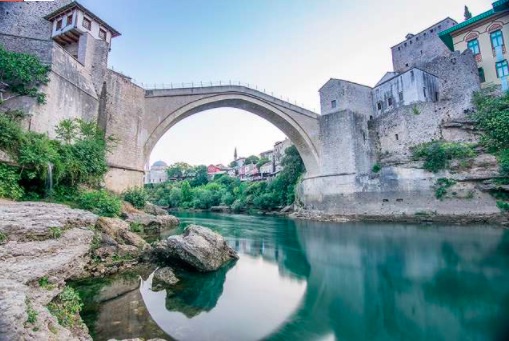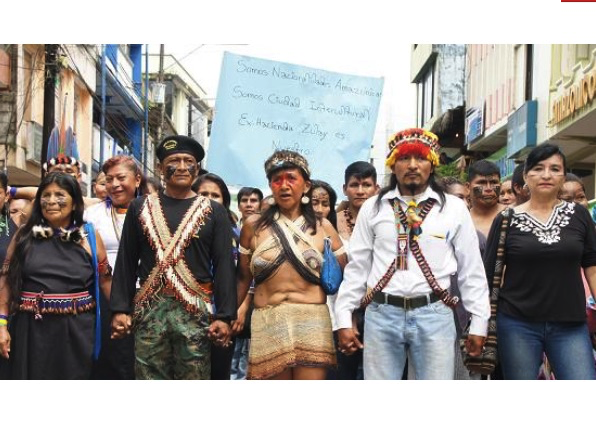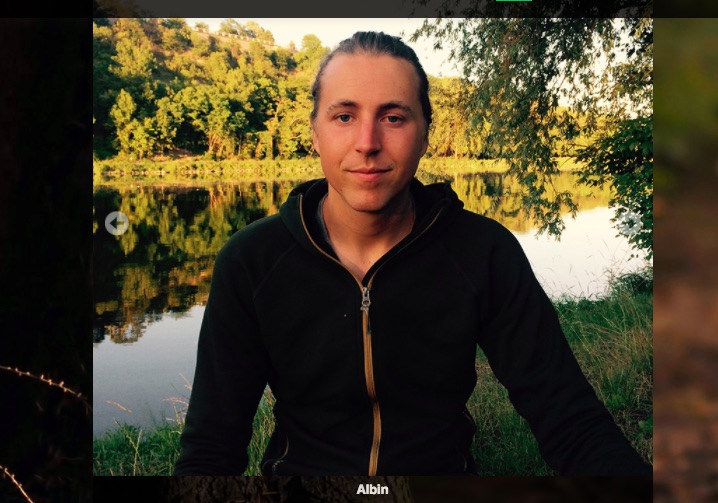TOLERANCE AND SOLIDARITY .
An article from Canada Talks Israel Palestine
A Jewish group in Vancouver is fundraising Saturday night to provide small, practical, hand-held solar lamps to families trapped in the dark in Gaza. Read more….Roughly 2 million people in Gaza have electricity on average only 3~4 hours per day. Independent Jewish Voices Vancouver is partnering with Rebuilding Alliance, a California-based NGO with 15 years experience on the ground in Gaza to help the people of Gaza face their Israeli induced and PA assisted power shortage. So far, they’ve shipped 27,000 solar lamps and need funds for more.

On Saturday, December 16th, they are using the Jewish celebration of Hanukkah to raise money for this humanitarian cause.
At the event, five candles will be lit and dedicated by five different people engaged in five different ways of bringing light into this world. It is the fifth night of the eight-night Hanukkah holiday celebrated for more than 2,000 years by Jews around the world. Candles will be lit beginning 7:30 pm by:
▪ Omar Mansour, a young man from Gaza living in Vancouver who has worked with a number of NGOs in Gaza and whose own family is in the dark every night.
(Article continued in right column)
Presenting the Palestinian side of the Middle East; Is it important for a culture of peace?
(Article continued from left column)
▪ Hereditary Chief Phil Lane Jr. of the Ihanktowan Sioux and Chickasaw Nations, who will give the territorial acknowledgement on behalf of the Coastal Salish people. He will dedicate his candle to indigenous people everywhere who are struggling against foreign domination.
▪ Hilla Kerner of Vancouver Rape Relief and former executive director of the Association of Rape Crisis Centers in Israel. She will dedicate her candle to the struggle to end sexual violence against women.
▪ Jack Gates, a tenant organizer in the Regent Hotel in Vancouver’s Downtown Eastside supporting struggles to end homelessness and addiction.
▪ Valery and Yvon Raoul, long-time Vancouver activists in the struggle for
environmental and social justice.
“We welcome reporters and camera crews to our fundraising party, December 16, at the Peretz Centre, 6184 Ash Street, in Vancouver,” said organizer Rabbi David Mivisair.
The visually and aurally rich candle-lighting ceremony will be 7:30 – 8 pm. “After the candle-lighting, at about 8 pm, we’ll sing traditional songs and enjoy traditional Hanukkah foods. The event is open to everyone,” he said.
A video of the lights in Gaza.
Independent Jewish Voices Vancouver is a chapter of a national human rights organization whose mandate is to promote a just resolution to the conflict in Israel and Palestine through the application of international law and respect for human rights. More info.
For more information or interview, call Rabbi David Mivasair, at (604) 781-7839.
(Thank you to Janet Hudgins, the CPNN reporter for this article.)








